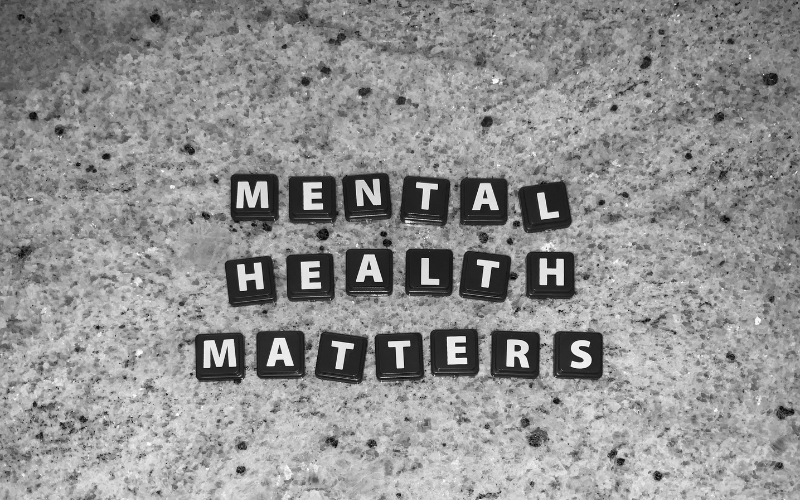Mental Health Matters: Simple Ways to Manage Stress

In today’s fast-paced world, stress has quietly become part of our everyday lives. Whether it’s work deadlines, family responsibilities, the endless stream of notifications on our phones, or the uncertainty that surrounds us in times of change, stress takes a toll on both body and mind. While we can’t eliminate it completely, learning how to manage stress is key to protecting our mental health and building resilience.
1. Recognize the Signs of Stress
The first step is awareness. Stress often shows up in ways we don’t notice:
- Headaches, fatigue, or muscle tension
- Irritability, mood swings, or difficulty concentrating
- Changes in appetite or sleep patterns
By paying attention to these signals, we can respond before stress overwhelms us.
2. Breathe and Ground Yourself
Your breath is a built-in tool for calming the nervous system.
- 4-7-8 breathing: Inhale for 4 counts, hold for 7, exhale slowly for 8. Repeat 3–5 times.
- Mindful pause: Close your eyes, place your feet firmly on the ground, and notice the sensations—this helps anchor you in the present moment.

3. Move Your Body
Exercise isn’t just about fitness; it’s a natural stress reliever.
- Take a brisk walk or do a quick stretch break between tasks.
- Try yoga, dance, or any movement you enjoy.
- Even 10 minutes of light activity can boost your mood.
4. Create Routines That Nourish You
A balanced routine builds stability.
- Morning ritual: Start your day with something calming, like tea, journaling, or stretching.
- Digital boundaries: Set limits on screen time, especially before bed.
- Sleep hygiene: Aim for consistent sleep hours and a relaxing bedtime routine.

5. Stay Connected
Strong relationships act as a buffer against stress.
- Talk openly with friends or family about how you feel.
- Make time for shared activities—even short chats or walks.
- If in-person connection isn’t possible, use phone calls or video to bridge the gap.
6. Practice Mindfulness and Gratitude
Simple mindfulness practices reduce stress and improve clarity.
- Meditate for a few minutes daily using guided apps or deep breathing.
- Write down 3 things you’re grateful for every evening—this shifts focus from worry to appreciation.
7. Seek Professional Support When Needed
Sometimes stress can feel too heavy to handle alone. Reaching out to a counselor, therapist, or mental health professional is a sign of strength, not weakness. Support is available, and talking about your challenges can make all the difference.
Mental health helplines in Nepal
- National Suicide Prevention Helpline — 1166 (24/7, toll-free, confidential)
- TPO Nepal Counseling Helpline
+977 9847386158 (mobile support)
1660-010-2005 (toll-free, available 8 AM–6 PM) - Mental Health Society of Nepal (MHSN) — +977 9851223769 (24/7 support)
- Tribhuvan University Teaching Hospital (TUTH) Suicide Hotline — 9840021600
Managing stress is not about living a “perfectly calm” life—it’s about building habits that give you balance and resilience, no matter what life throws your way. By breathing deeply, moving your body, connecting with others, and seeking help when needed, you give your mental health the care it deserves.
Because your peace of mind is not a luxury—it’s essential.
Also Read
How Supporting Each Other Improves Collective Wellbeing
The Conjuring: Last Rites – Movie Review
“दृश्य अदृश्य” — A Theatrical Music Experience Premieres in Sanepa
Prashant Tamrakar Inspires at En Vogue XI: A Lesson in Style and Discipline




























